
- This event has passed.
Integrated household farming training: Malawi
October 21, 2022 - October 26, 2022
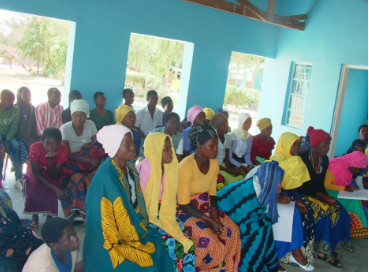
There is a strong link between climate change, food production systems, and nutrition. In Malawi, 30% of the children between six months and five years have acute malnutrition. Only three children out of ten afford the minimum daily dietary intake. 40% of the population is stunted probably due to acute malnutrition suffered during the under-five life-time. Studies indicate that the underlying factor is food shortages which are caused by climate disasters, erratic rains, and prolonged droughts. For example, between June 2022 and November 2022, two million people in Malawi are reported to have acute food shortages as a result of the recent cyclones, floods, and droughts. On top of this, the current global economic crisis has led to skyrocketing of essential farm inputs like fertilizers beyond the reach of the majority of smallholder farmers. This together with the climate factors worsen the food situation and poses fears on Malawi’s nutrition in the coming years.
In view of this situation, this week, the Representative of Malawi, co-organized and facilitated a training with a group of youths in integrated household farming. IHF, in simple terms, is an organic subsistence household farming which comprises different enterprises that are interdependent to one another solely for food security in the home. This includes vegetable gardening and small livestock raising, Fruit production and food processing and consumption. The intention is to promote food security in the household and therefore mitigate the climate coerced malnutrition.
Place: Mataka Village, Machinga, Malawi
Stakeholders involved: [1] Local Leaders [2] Youth Organizations
Partners involved: Network for Youth Development
Target group: Youths [15-35 years old]
Number of participants: 12 male, 26 female; 38 in total
Direct impacted population: 38
Indirect impacted population: 228
Objectives attained:
- Capacity-built the youth farmers on sustainable food production systems that enhances the climate in the process.
- Helped the youth farmers to understand and account for their individual eco-foot print.
- Brought together the Youths and promoted cohesion giving them a chance to learn from one another.
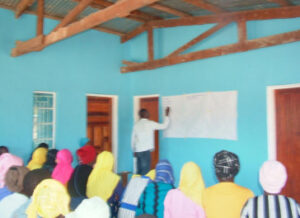
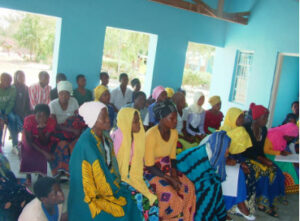
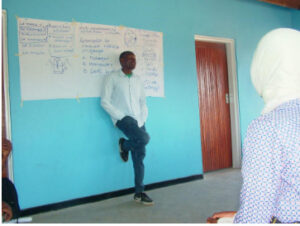
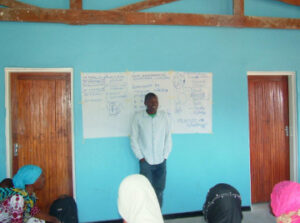
Conclusion
This is a continuing project. This being a theory session, next, will be a practical session, probably to be reported in the next week’s activity report. The intention is to make it more like a farmer field school so as to initiate real practical results on the ground other than mere classroom stories.




